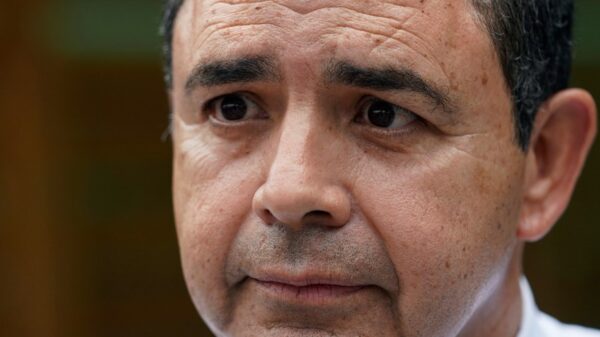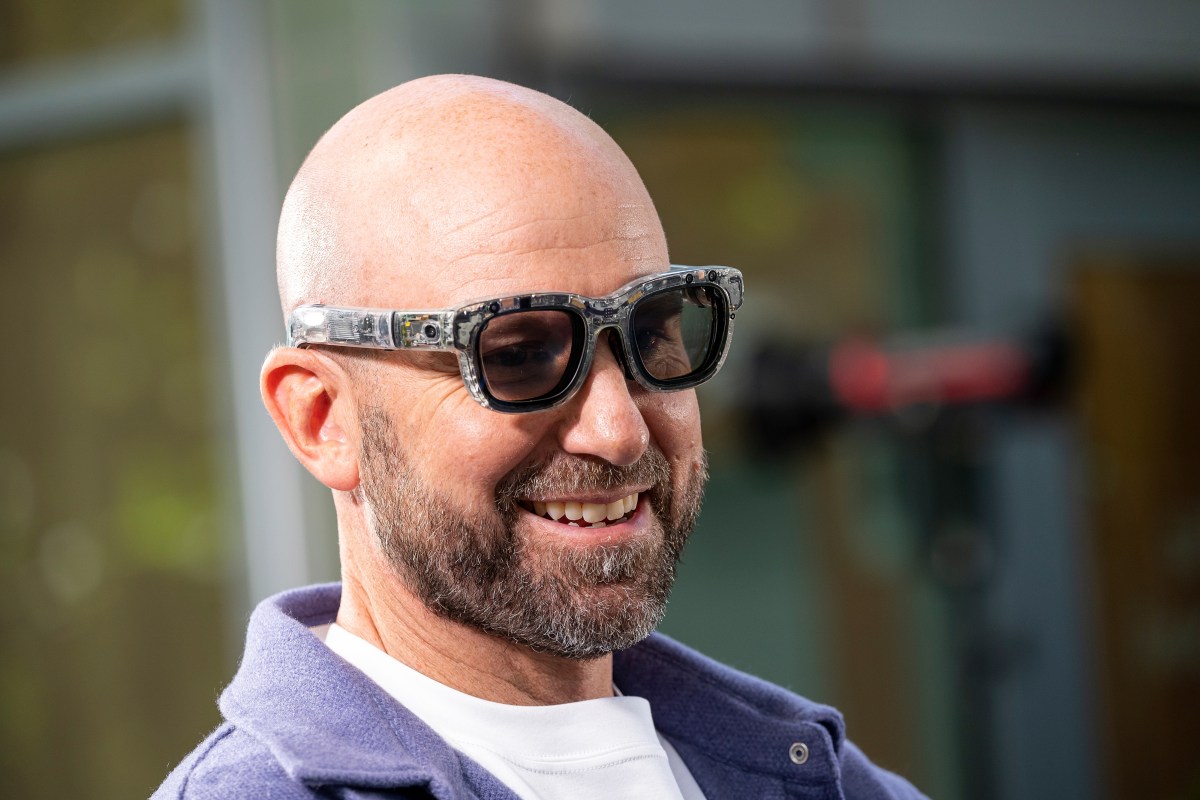Meta is offering substantial multi-million-dollar compensation packages to attract AI researchers to its new Superintelligence Lab, but reports of $100 million “signing bonuses” appear to be exaggerated. This revelation comes from a poached researcher and a leaked internal meeting, shedding light on the competitive landscape of AI talent acquisition.
During a company-wide all-hands meeting on Thursday, details of which were leaked to The Verge, Meta’s top executives were questioned about the alleged bonuses. OpenAI CEO Sam Altman had previously suggested that Meta was offering such lucrative incentives to top researchers. However, Meta’s Chief Technology Officer Andrew Bosworth clarified that while significant compensation packages are indeed offered, they do not take the form of an immediate $100 million payout. Instead, these offers are structured through various components, primarily in the form of restricted stock unit grants (RSUs) tied to tenure or performance metrics.
Compensation Structures in Tech Giants
The notion of a four-year total pay package worth approximately $100 million for a very senior leader at Meta is not far-fetched. Many of Meta’s named officers, including Bosworth himself, have historically earned annual compensation ranging from $20 million to nearly $24 million. Bosworth addressed the rumors during the meeting, stating, “Altman was suggesting that we’re doing this for every single person. Look, you guys, the market’s hot. It’s not that hot.”
On the same day, researcher Lucas Beyer confirmed his departure from OpenAI to join Meta, alongside two other leaders from OpenAI’s Zurich office. He tweeted, “1) yes, we will be joining Meta. 2) no, we did not get 100M sign-on, that’s fake news.” Beyer, who specializes in computer vision AI, aligns with Meta’s strategic focus on entertainment AI, as noted by Bosworth. This complements Meta’s existing ventures, such as its Quest VR headsets and AI-integrated Ray-Ban and Oakley glasses.
The Competitive AI Talent Market
Meta’s aggressive recruitment strategy underscores the fierce competition for AI talent. As TechCrunch reported, Meta has successfully recruited Trapit Bansal from OpenAI, known for his pioneering work on AI reasoning models. Bansal’s expertise is highly sought after in the rapidly evolving AI landscape. Meanwhile, Scale co-founder and CEO Alexandr Wang is reportedly receiving a substantial financial package as part of Meta’s acquisition of a 49% stake in his company. The $14 billion transaction will be distributed to shareholders as a cash dividend, with Wang likely benefiting significantly as a major shareholder.
Despite not offering $100 million signing bonuses across the board, Meta remains committed to investing heavily in AI talent. An investor revealed to TechCrunch that an AI researcher turned down an $18 million offer from Meta, opting instead for a more modest proposal from a burgeoning AI startup, Mira Murati’s Thinking Machines Lab.
Implications and Industry Reactions
The revelations about Meta’s compensation strategies highlight the escalating arms race for AI expertise among tech giants. As AI continues to revolutionize industries, the demand for top-tier talent is intensifying, driving up compensation packages and prompting companies to explore creative recruitment strategies.
Industry analysts suggest that while Meta’s approach may seem extravagant, it reflects the broader trend of tech companies prioritizing AI capabilities to maintain competitive advantages. The strategic focus on entertainment AI positions Meta to capitalize on emerging opportunities in virtual and augmented reality, areas poised for significant growth.
Looking ahead, the dynamics of AI talent acquisition are likely to evolve further, with companies balancing the need for innovation with sustainable compensation practices. As Meta and its competitors vie for the brightest minds in AI, the industry will continue to witness transformative developments that shape the future of technology.





































































